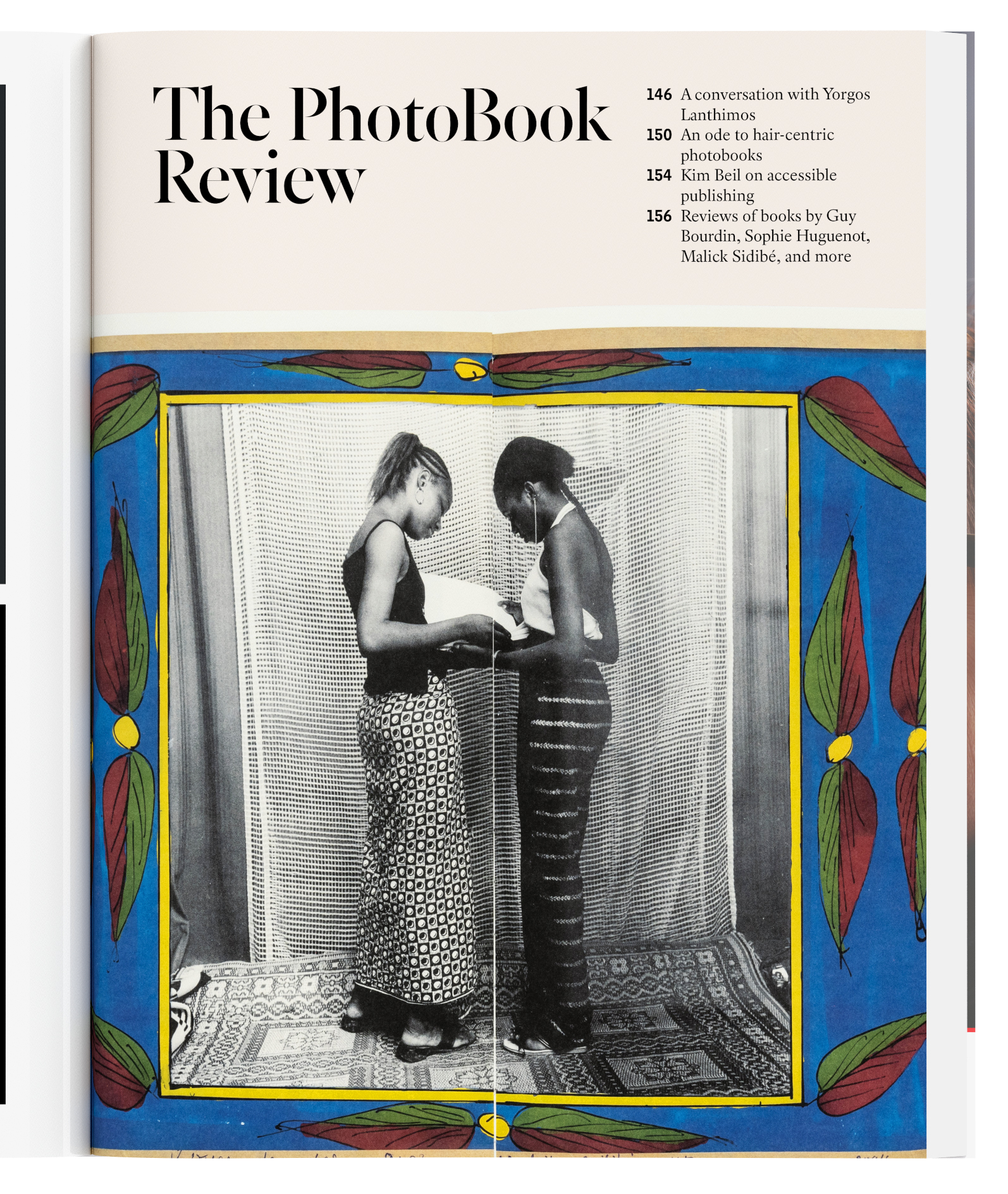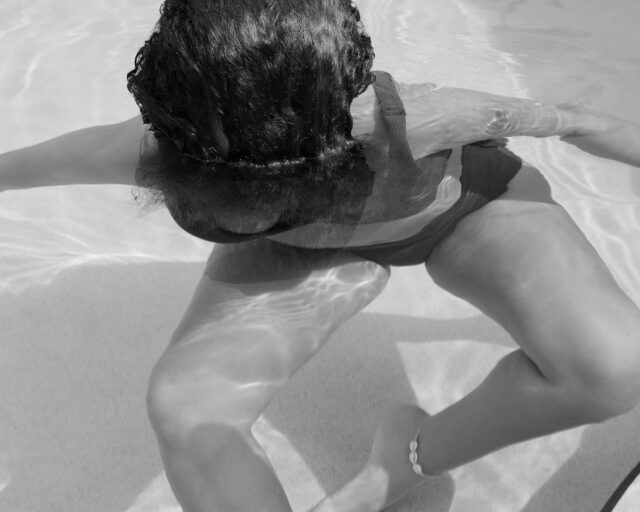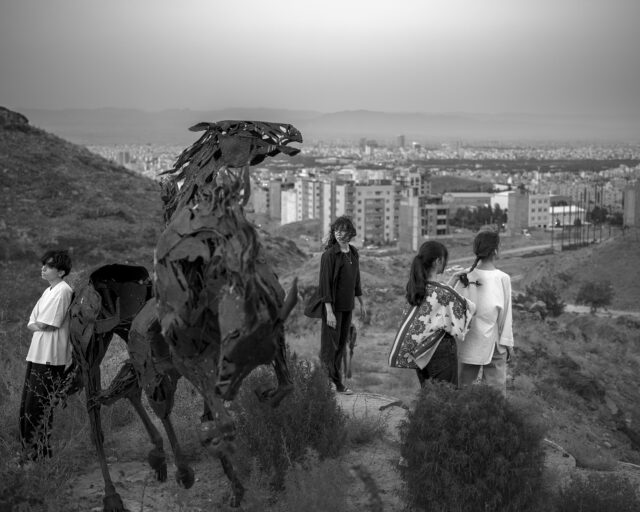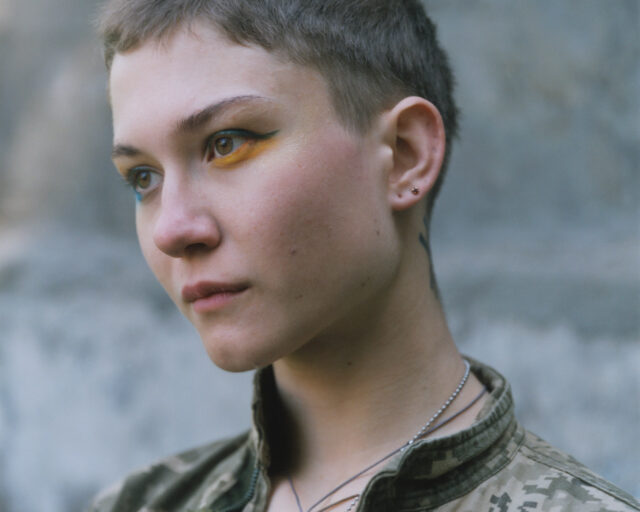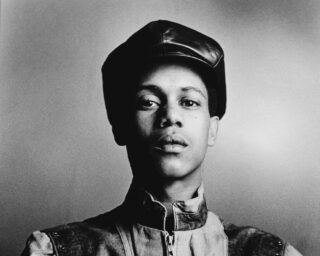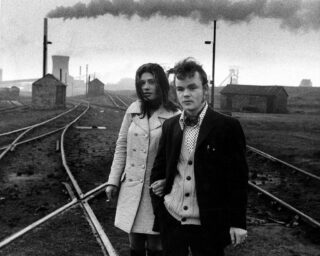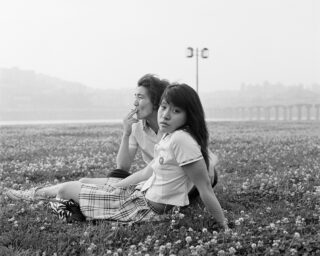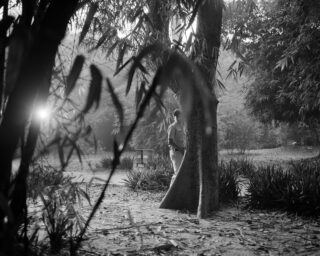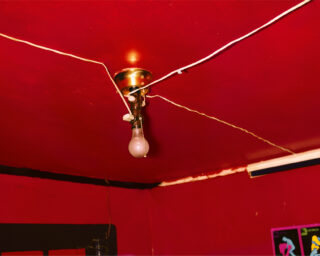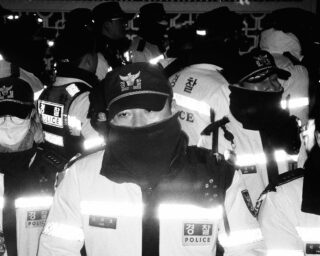2013 Portfolio Prize Runner Up: Clare Carter
Clare Carter, Pearl Mali at home, Khayelitsha, Cape Town, 2012
Clare Carter’s photography and film project Corrective Rape consists mainly of portraits and landscapes but also includes snapshots and police records. Her goal is to collect and share information about hate crimes in the outskirts of South African cities. Carter has a particularly narrow focus: incidences of men raping gay men and women to “cure” them of their sexual orientation. The precision with which Carter focuses her documentary photographs results in a poignant and effective body of work.
Carter began her project when she read an article about a young South African woman named Eudy Simelane who was raped and killed because of her sexuality. The woman’s murder gained attention because she was a player on the South African Woman’s National Football Team. Carter was especially interested in the incident because South Africa was the first African nation to outlaw discrimination based on sexual orientation and was additionally the fifth country in the world to legalize same-sex marriage. For over two years, Carter traveled to various townships to document survivors and interview both victims and their perpetrators. With support from various NGOs, she edited a film, hundreds of photographs, and excerpted texts to expose the underknown and yet widespread issues raised by these violent acts: gender and sexuality, urban and rural conflict, education, and justice.
The artist’s visits, research, and experiences are rendered through an array of intimate and intense portraits in which victims communicate trust. They confront the viewer directly, gazing at the camera, often seated on a bed, backlit by natural light, in the comfort of their own homes. Carter’s landscape photographs offer a respite from the concentrated and determined gazes of the victims; they fill in the larger question of where in the world such crimes are being committed. These images include vistas of the hills and red rooftops of the lush townships of KwaMushu, Durban, as well as a gravesite in Ntsiki Tyatyeka, Nyanga, Cape Town. The series does not merely display the documented events; rather, Carter’s images investigate the residue that lingers within the environments and bodies of the individuals implicated long after the crimes have been committed.

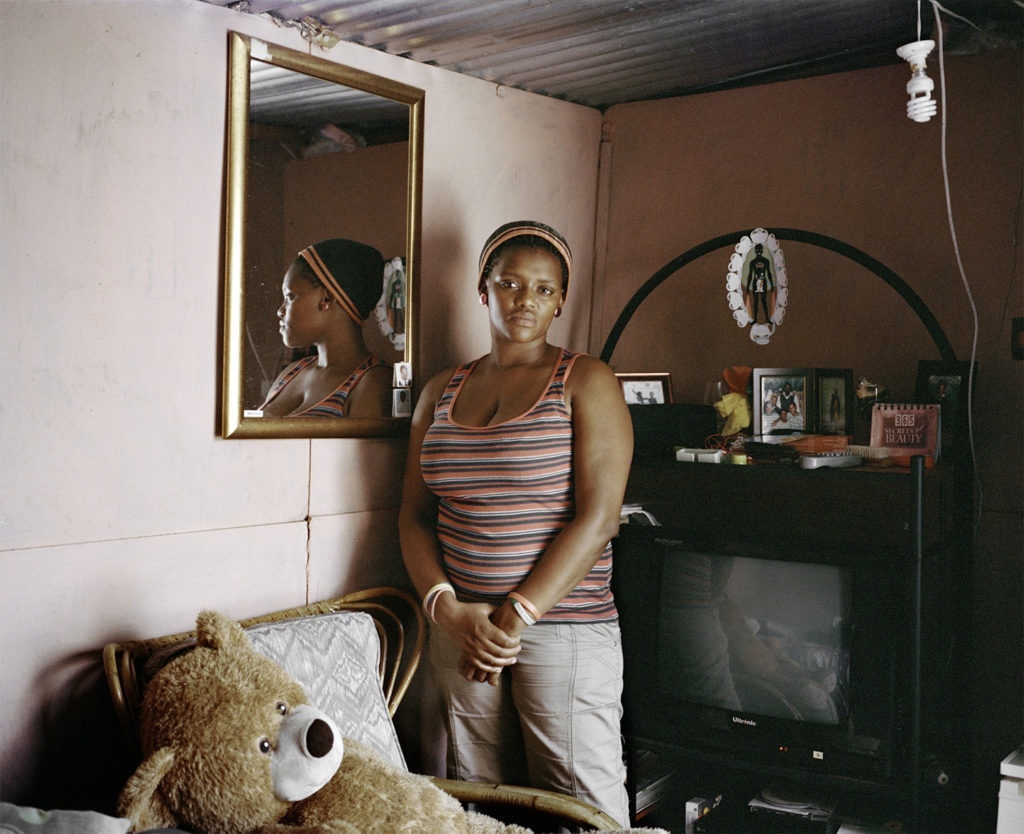



All photographs from the series Corrective Rape. Courtesy the artist.
Clare Carter earned a BFA from Parsons The New School for Design and has exhibited at Look3 Festival of the Photograph, Charlottesville, VA; C Gallery, Manchester, United Kingdom; and Calumet Gallery and the Sheila C. Johnson Design Center, both New York. Carter has been employed in the studios of Craig McDean, Nan Goldin, and Taryn Simon.

